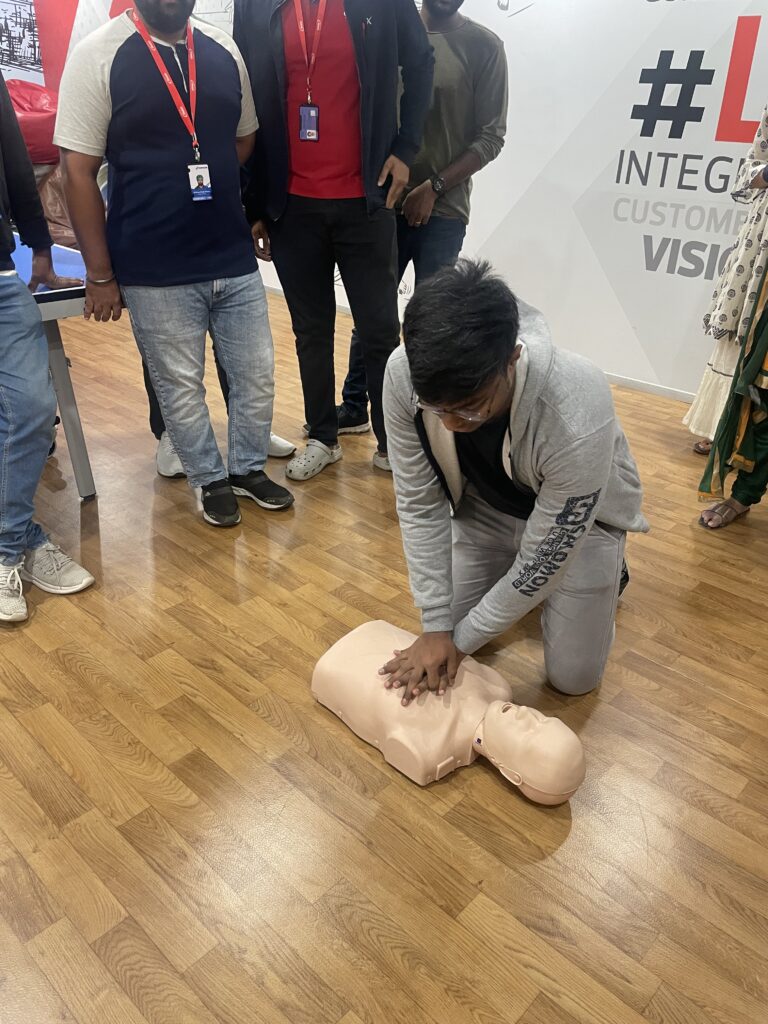The Lifesaving Importance of CPR: Why Every Second Counts

In moments of crisis, every second matters. In medical emergencies like cardiac arrest, the difference between life and death can often hinge on the swift actions of those nearby. Cardiopulmonary resuscitation (CPR) stands as a critical intervention, offering the potential to sustain life until professional medical help arrives. Its importance cannot be overstated, as it empowers ordinary individuals to become heroes in the face of adversity. Let’s delve into why CPR is a skill everyone should know and why every second counts.
Understanding CPR
CPR is a life-saving technique designed to maintain blood circulation and oxygenation in the body during cardiac arrest. Cardiac arrest occurs when the heart suddenly stops beating effectively, leading to a cessation of blood flow to vital organs. Without immediate intervention, irreversible damage to the brain and other organs can occur within minutes, ultimately resulting in death.
The objective of CPR is to manually pump the heart and provide artificial ventilation to maintain oxygen supply to the body’s vital organs. This is achieved through a combination of chest compressions and rescue breaths. By pressing down on the chest, CPR helps to manually circulate blood throughout the body, while rescue breaths deliver oxygen to the lungs.
Why Every Second Counts
In cases of cardiac arrest, the survival rate decreases rapidly with each passing minute without intervention. According to the American Heart Association (AHA), the chances of survival decrease by 7-10% for every minute that passes without CPR and defibrillation. This underscores the critical importance of immediate action.
With each compression and breath, CPR buys precious time, keeping vital organs oxygenated until advanced medical support arrives. In essence, CPR bridges the gap between life and death, offering a lifeline to those in need.
Furthermore, bystander CPR can significantly increase the chances of survival. Studies have shown that prompt initiation of CPR by bystanders can double or even triple the likelihood of survival from cardiac arrest. This highlights the pivotal role that ordinary individuals can play in saving lives within their communities.
Empowering Communities
The importance of CPR extends beyond medical facilities and into our communities. By equipping individuals with the knowledge and skills to perform CPR, we empower communities to respond effectively to emergencies. CPR training initiatives aim to demystify the process, providing individuals with the confidence to act decisively when faced with a crisis.
Moreover, CPR training is not limited to healthcare professionals. It is a skill that can be learned by anyone, regardless of age or background. Schools, workplaces, and community organizations can play a crucial role in promoting CPR education and training, thereby creating a network of capable responders within society.
In the realm of medical emergencies, time is of the essence. CPR stands as a beacon of hope, offering a fighting chance to those experiencing cardiac arrest. Its importance cannot be overstated, as it empowers ordinary individuals to become catalysts for change in their communities.
Every second counts in the fight for life, and CPR provides a vital lifeline in the critical moments following cardiac arrest. By embracing CPR education and training, we not only enhance our ability to respond to emergencies but also foster a culture of compassion and solidarity within society. As we navigate the uncertainties of life, let us remember the power of CPR and the difference it can make in saving lives.